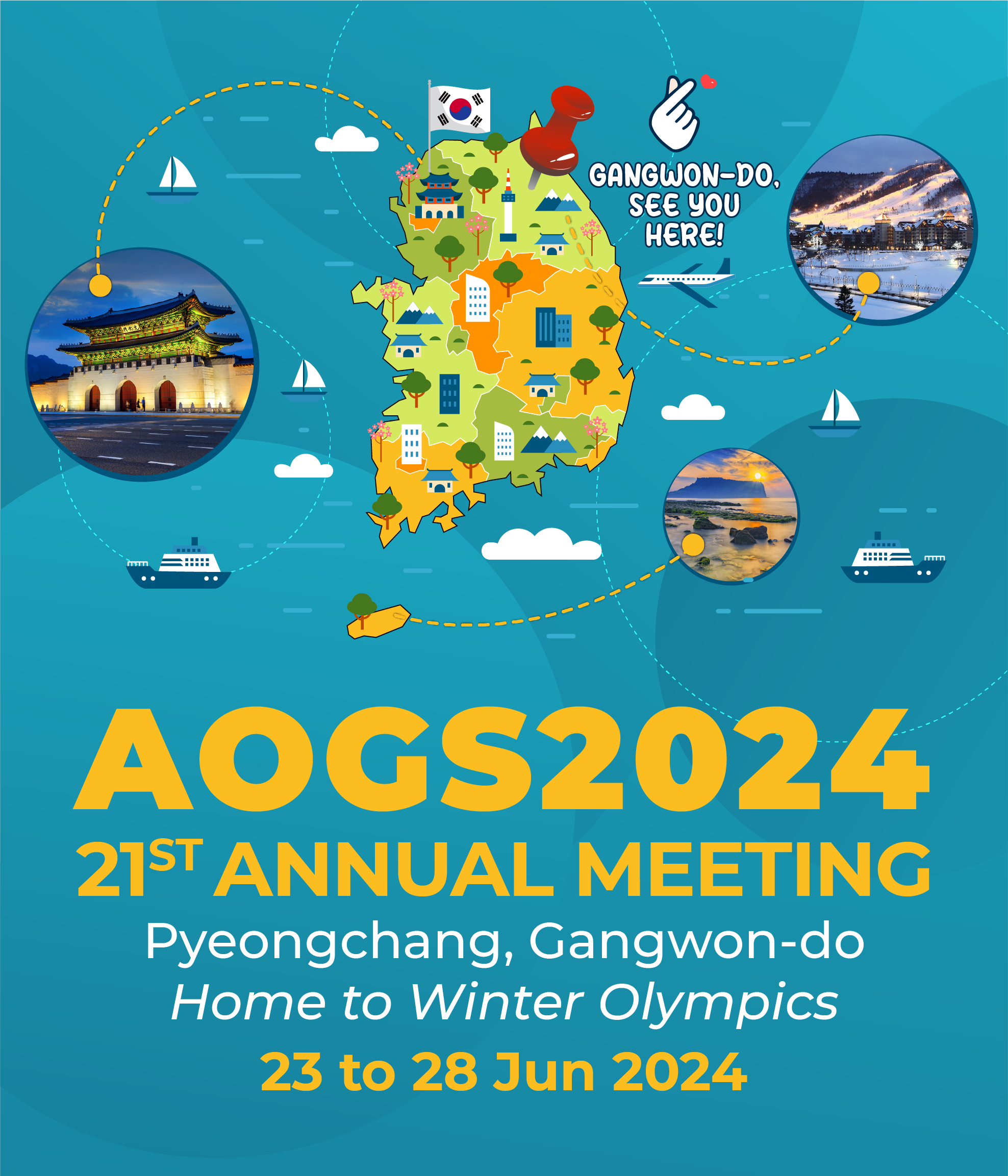
Transforming Hydrology by Integrating Remote Sensing, Modeling, and Data Sciences
Wednesday, 26 June 2024 | 2:00pm – 3:30pm
Program uses Korean standard time and is 9 hours ahead of GMT (GMT+9)

Zong-Liang Yang
Department of Earth and Planetary Sciences, University of Texas
Unraveling the Impact of Freezing Rain on Vegetation Canopies: Insights from Observations, Modeling, and Machine Learning
Land surface models have made substantial strides, incorporating intricate processes with remarkable detail. Nevertheless, a significant gap persists in understanding the impact of ice loading on vegetation canopies, particularly during winter freezes characterized by events such as freezing rain. The escalating frequency of warm winters due to climate change has heightened the occurrence of freezing rain and associated ice loading, posing substantial threats. This includes extensive damage to tree canopies, leading to carbon loss, tree fatalities, and the risk of falling trees damaging transmission lines, resulting in prolonged power outages. This presentation addresses fundamental questions surrounding the damage sustained by trees during freezing rain, identifies specific thresholds for ice loading on different tree types, and examines the effects of these events on water cycles, energy budgets, and carbon balances, along with their feedback to the climate system. We employ observations to map ice loading events, quantify resulting vegetation biomass reduction, and introduce an ice loading scheme into the Energy Exascale Earth System Model (E3SM). Our approach involves applying eXplainable Machine Learning (XML) to analyze physiological responses, discern critical thresholds, and develop a parameterization that accurately represents the process of ice loading damage. The research outcomes will offer crucial insights into the impact of ice loading on vegetation canopies, contributing to the refinement of land surface models.
